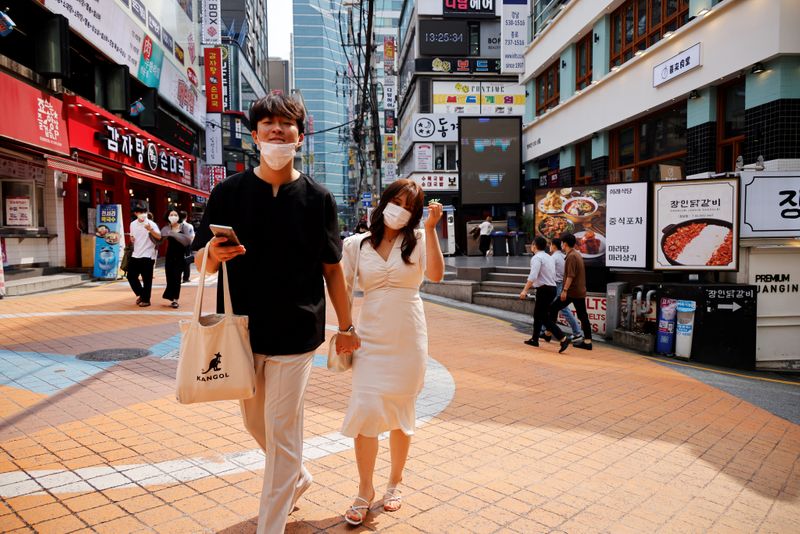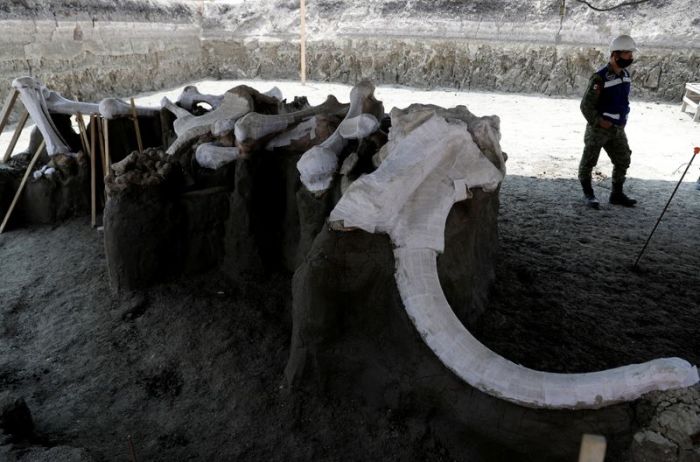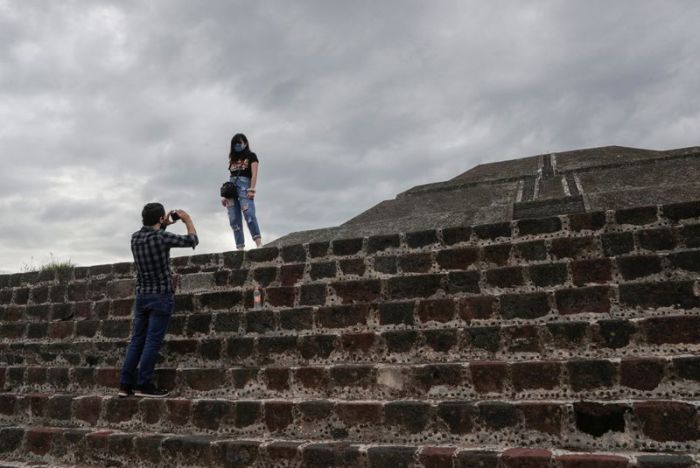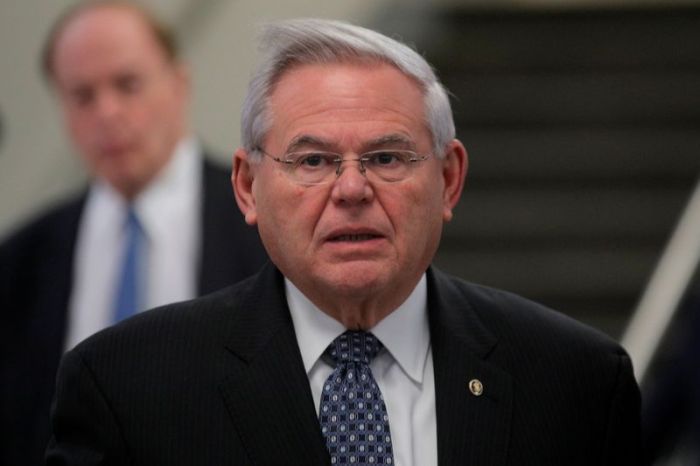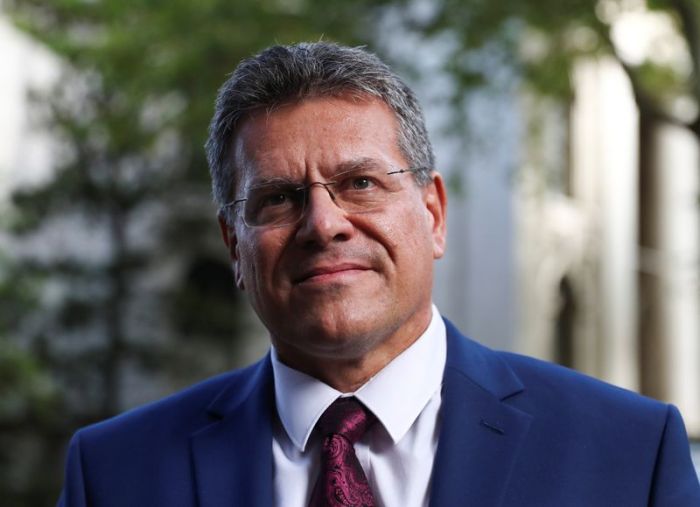SEOUL (Reuters) – South Korea posted a slight rise in daily coronavirus cases on Friday, as infections eased from a church and political rally that sparked a second wave of outbreaks and new cases emerged in religious and sporting groups and a university hospital.
The Korea Center for Disease Control and Prevention (KCDC) reported 176 new cases as of midnight Thursday, which brought the total infections to 21,919, with 350 deaths.
A fresh wave of infections erupted at a church whose members attended a large protest in downtown Seoul last month have driven the daily tally to its peak in months at 441.
The numbers had steadily dropped to the low 100s since the government imposed unprecedented social distancing curbs late last month, with less than 10 cases traced to the church and the protesters over the past several days.
But this week showed a resurge as smaller clusters continued to emerge from other religious gatherings, offices and medical facilities in the Seoul metropolitan area. More than 72% of the 161 locally transmitted cases from Thursday were reported from the regions.
Among the clusters are a hiking club with at least 35 cases confirmed so far, and a major university hospital in central Seoul where 19 people have been infected this week around its rehabilitation ward and nutrition team, KCDC data showed.
Prime Minister Chung Sye-kyun said the consistent outbreaks are deepening concerns as the government is set to decide on whether to extend social distancing curbs on Sunday, which include a ban on nightly on-site dining in greater Seoul.
“It would be right to lift the restrictions, considering the sacrifices the people are making, but we’re as much worried if any hasty easing would lead to a re-spread of the virus and cause even greater pain for the public,” Chung told a meeting.
Health authorities warned against large gatherings after several groups that steered the political rally last month are seeking to stage another protest next month.
More than 1,700 cases have been linked to a church and the rally, becoming the country’s second largest cluster since the epidemic first emerged in January.
“If the groups press ahead with the protest, the government will take swift steps to disband them … and strictly respond to any illegal activities based on the principle of on-the-spot arrests,” said Yoon Tae-ho, director-general for public health policy at the health ministry.
(Reporting by Hyonhee Shin; Editing by Michael Perry)

